
Feel Good Hormones: How To Boost Them
Emotional Causes of Cancer
There is no right or wrong way to feel during your cancer journey. Some days will be more positive than others. Remember it is okay to have a bad day, week, or month! The emotions you will experience during treatment may adversely affect your health, causing side effects to worsen, hindering your quality of life. Simple techniques that boost your feel-good hormones can reduce depression and anxiety, the most common emotions.
What Are Hormones?
Hormones are chemical messengers that travel through your bloodstream to tissues and organs throughout your body. There are 50 different types of hormones in your body, and they are responsible for a number of functions, including:
- Development and growth
- Metabolism of food items
- Sexual function and reproductive growth and health
- Cognitive function and mood
- Maintenance of body temperature and thirst
What Are Feel-Good Hormones?
The "feel-good hormones" are nicknamed so because they produce happy and sometimes euphoric feelings. They're also called neurotransmitters, which are molecules that conduct messages between nerve cells. It is possible to improve your quality of life by understanding these chemicals.
1. Dopamine
Often called the "happy hormone," dopamine results in feelings of well-being. A primary driver of the brain's reward system, it spikes when we experience something pleasurable.
2. Serotonin
Dubbed the "feel-good hormone," it is a neurotransmitter involved in many processes throughout your body, from regulating your mood to promoting smooth digestion, and plays a key role in staving off anxiety and depression.
3. Endorphins
These powerful hormones act as natural painkillers, minimising discomfort and maximising pleasure. They're a key reason why athletes can push past pain during a tough race or big game.
4. Oxytocin
This "love hormone" spikes with any sort of intimate touch, including holding hands and cuddling.
Feel-Good Hormones: How to Boost Them Naturally
1. Dopamine
Eat Lots of Protein: Dopamine is produced from amino acids tyrosine and phenylalanine, both of which can be obtained from protein-rich foods.
Listen to Music: Several brain imaging studies have found that listening to music increases activity in the reward and pleasure areas of the brain, which are rich with dopamine receptors.
Get Enough Sleep: When dopamine is released in the brain, it creates feelings of alertness and wakefulness. Studies have shown that dopamine is released in large amounts in the morning when it’s time to wake up and that levels naturally fall in the evening when it’s time to go to sleep. However, lack of sleep appears to disrupt these natural rhythms.
2. Serotonin
Daily Exercise: Exercise has a substantial effect on the brain and body, both in the short and long term. Research suggests that muscle activation during exercise allows more tryptophan, which the body converts to serotonin, to cross the blood-brain barrier.
Sunlight: Decreased sun exposure has been associated with a drop in serotonin levels, which can lead to depression. The light-induced effects of serotonin are triggered by sunlight that goes in through the eye. Sunlight cues special areas in the retina, which triggers the release of serotonin.
Meditation: Meditation can help you relax and achieve an inner sense of calm. It may seem difficult if you’ve never tried it before, but anyone can give it a try.
- Choose a quiet, comfortable place to sit.
- Get comfortable, whether that’s standing, sitting, or lying down.
- Let all of your thoughts, positive or negative, rise and pass you by.
- As thoughts come up, try not to judge them, cling to them, or push them away. Simply acknowledge them.
- Start by doing this for 5 minutes and work your way up to longer sessions over time.
3. Endorphins
Acts of Kindness: Doing something kind benefits you as well as the people you help. This may trigger endorphins to release, but the boost does not last long. However, the positive feelings you experience can make you want to keep doing kind things for others.
Massage: Massage therapy helps relieve stress and improve symptoms of pain and fatigue. Endorphins are released along with oxytocin, dopamine, and serotonin.
Take a Long, Hot Bath: This can help soothe you after a stressful or tiring day. The heat of the water can help relieve tension and pain in your muscles, but it can also trigger the release of endorphins into your blood.
4. Oxytocin
Cuddle a Pet: Research suggests that both dogs and humans see an increase in oxytocin from physical contact, including patting and stroking. That’s why it can feel so comforting to cuddle your animal friend when you feel upset.
Cook and Share a Meal with Someone You Love: Preparing a meal with friends or a partner can provide enjoyment in addition to nourishment. You don’t just share the finished meal—you spend time with people you like and bond over its creation.
Sharing Your Love and Affection: The people who mean the most to you can help increase oxytocin in a few ways:
- Sharing your feelings with a loved one often leads them to reply in kind.
- Telling a friend or partner you love them can prompt a hug, hand squeeze, or kiss.
- Letting someone know how much you appreciate them can increase prosocial feelings on both sides.
Discover more relaxation tips at - 'Anxiety Relief - Stand Up Straight'

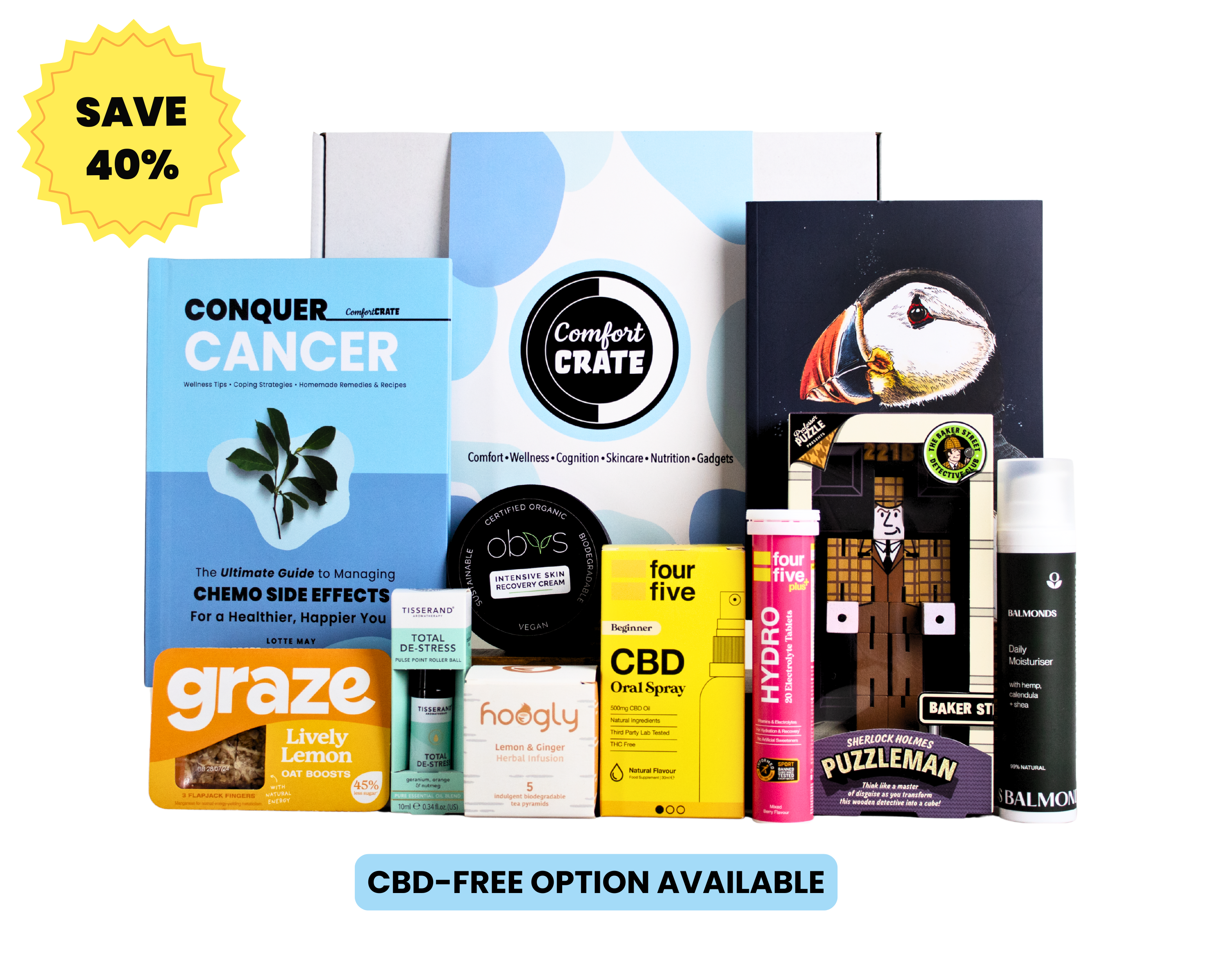
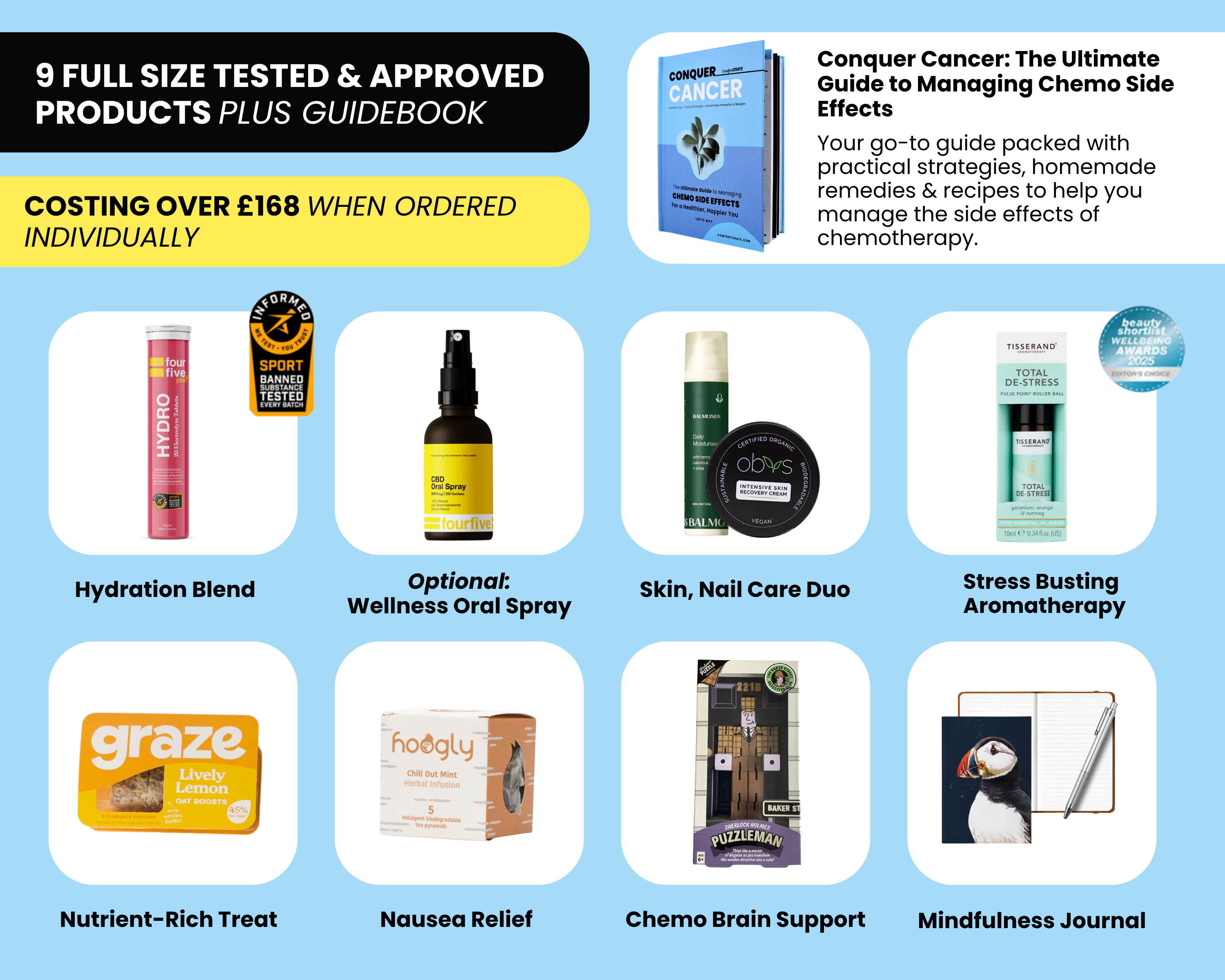
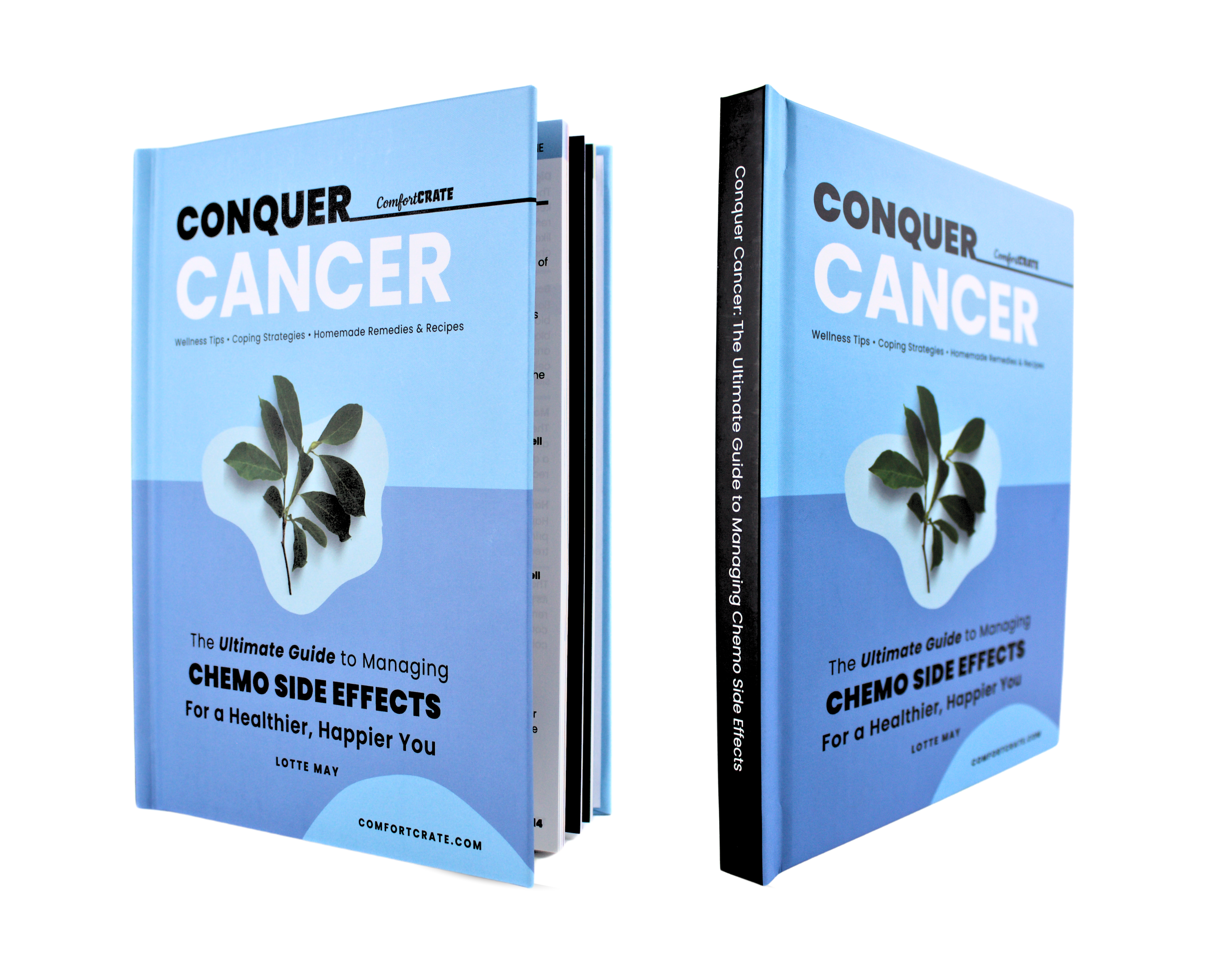
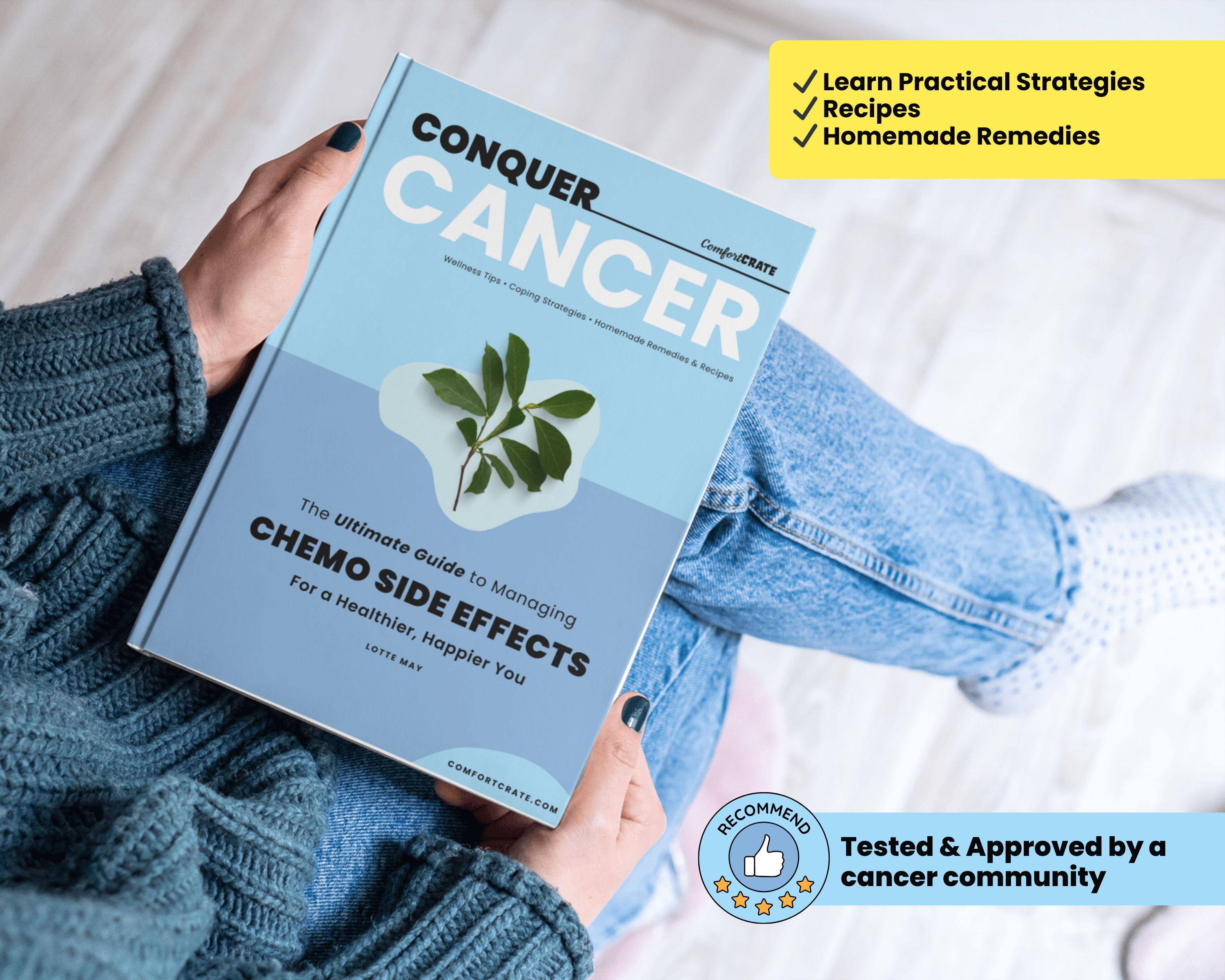
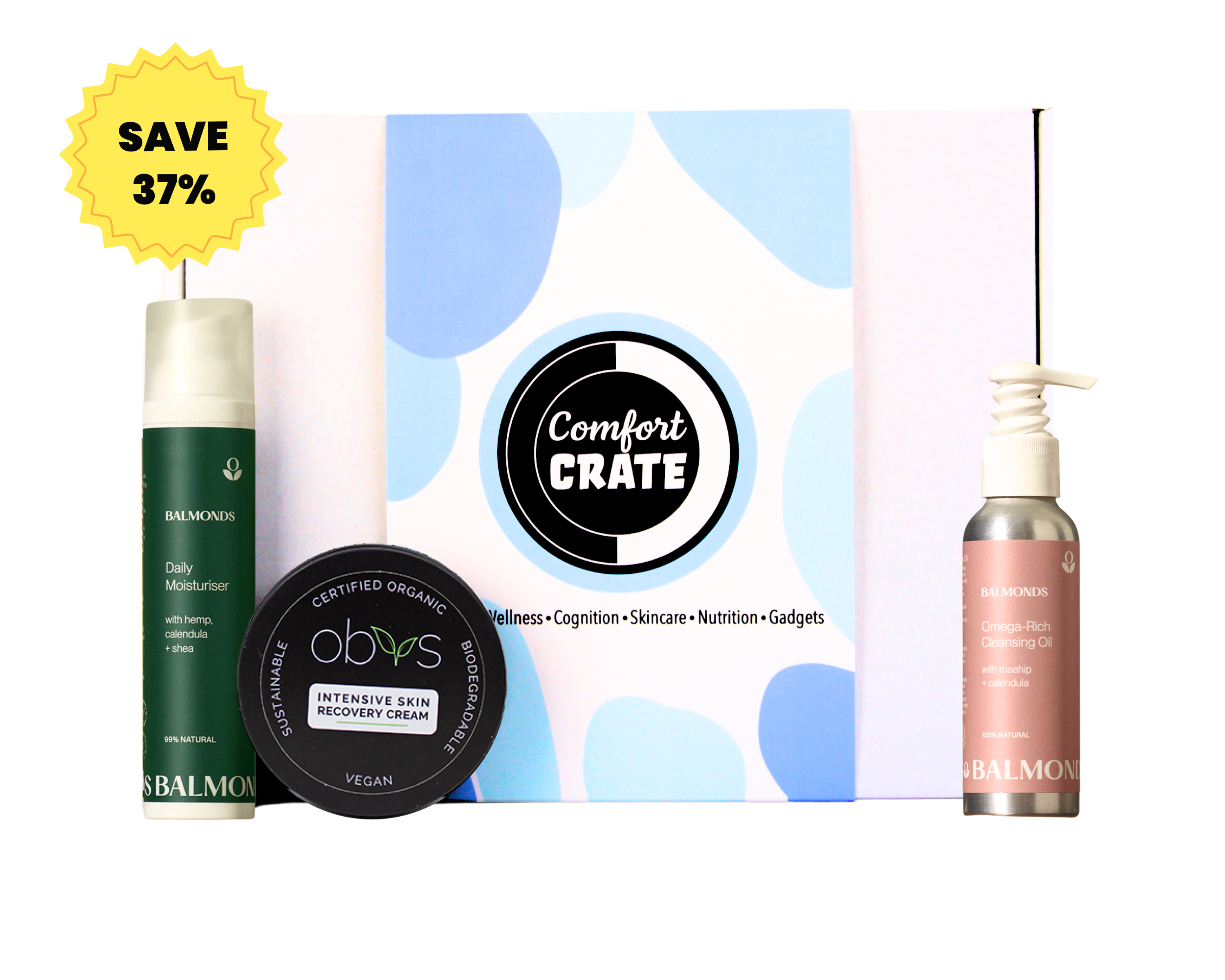





Leave a comment
This site is protected by hCaptcha and the hCaptcha Privacy Policy and Terms of Service apply.